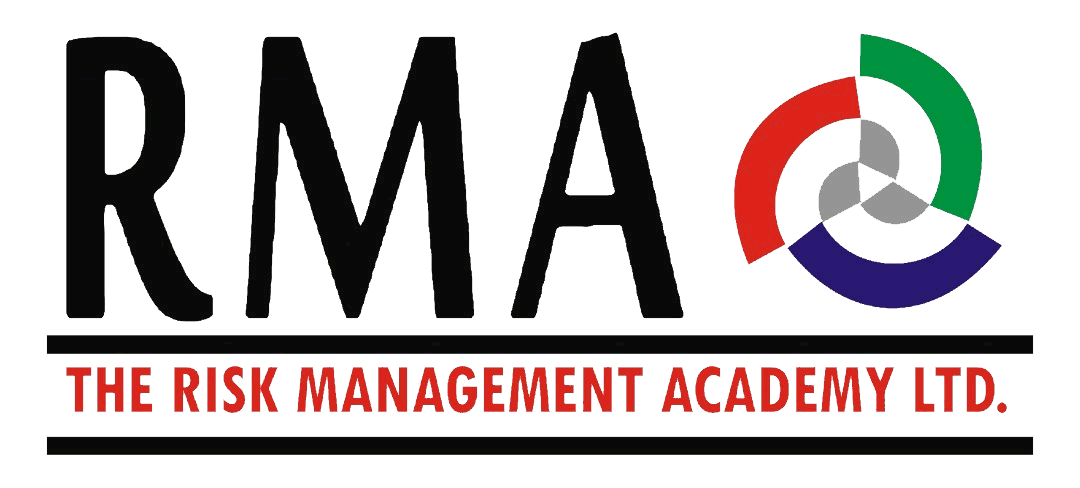Description
Overview
The accelerating pace of disruption, geopolitical tensions, climate change, technological innovation, and shifting regulatory landscapes have transformed the way organisations operate. Traditional risk management approaches are no longer sufficient. To thrive in a D-VUCA environment, organisations must embed Environmental, Social, and Governance (ESG) risk management into their strategy, governance, and operations.
This program equips boards, executives, risk professionals, and managers with the tools, frameworks, and competencies to navigate ESG risks, seize opportunities, and build long-term organisational resilience.
Objectives
By the end of the program, participants will be able to:
-
Understand the concept of D-VUCA and its implications for ESG risk management.
-
Identify and assess ESG-related risks and opportunities within their organisation.
-
Apply global frameworks (e.g., TCFD, GRI, SASB, ISSB, EU Taxonomy, SDGs) in risk governance.
-
Strengthen board oversight, compliance, and reporting on ESG risks.
-
Integrate ESG risk management into enterprise risk management (ERM) and strategy.
-
Develop tools for scenario planning, stress testing, and resilience building.
-
Leverage technology, data, and analytics for effective ESG reporting and risk monitoring.
-
Build stakeholder trust and competitive advantage through transparent ESG practices.
Agenda / Content
Day 1 – Setting the Context: ESG & the D-VUCA World
-
Understanding D-VUCA: Disruption, Volatility, Uncertainty, Complexity, Ambiguity
-
ESG risk landscape: climate, social, governance, regulatory, reputational
-
Global ESG regulatory developments & implications for organisations
-
Case studies: Lessons from corporate ESG failures and successes
Day 2 – ESG Risk Identification, Assessment & Integration
-
ESG materiality mapping: double materiality approach
-
ESG risk assessment frameworks and tools
-
Embedding ESG risks in Enterprise Risk Management (ERM)
-
Scenario planning & stress testing in ESG risk management
-
Workshop: Mapping ESG risks in participants’ industries
Day 3 – Governance, Oversight & Reporting
-
Role of boards and executive leadership in ESG oversight
-
ESG disclosures & reporting frameworks: TCFD, GRI, SASB, ISSB, CSRD
-
Managing ESG risks across supply chains and value chains
-
Stakeholder engagement and communications in ESG risk management
-
Workshop: Designing an ESG risk governance framework
Day 4 – Building Organisational Resilience in Practice
-
Linking ESG risk management to business strategy and performance
-
Digital tools, data, and analytics for ESG risk monitoring
-
Emerging trends: AI, green finance, sustainable investment, just transition
-
Building a culture of ESG responsibility and resilience
-
Action planning session: Roadmap for integrating ESG into participants’ organisations
-
Final presentations & peer feedback
Takeaways
-
Practical tools for ESG risk identification, assessment, and management
-
Framework for integrating ESG into ERM and strategy
-
Templates for ESG risk registers, reporting, and dashboards
-
Enhanced leadership skills for ESG governance and oversight
-
Industry-specific insights and case studies
-
Certificate of Completion in ESG Risk Management & Organisational Resilience
Outcomes
Participants will leave with the ability to:
-
Anticipate and mitigate ESG-related disruptions
-
Strengthen governance structures for ESG accountability
-
Enhance compliance with evolving ESG regulatory requirements
-
Improve transparency and stakeholder trust
-
Drive long-term value creation and competitive advantage through ESG resilience
Who Should Attend
-
Board members and executive directors
-
Risk management professionals and compliance officers
-
Sustainability and ESG managers
-
Finance, audit, and internal control executives
-
Corporate strategists and investment managers
-
Regulators, policymakers, and industry associations
-
Consultants, academics, and professionals in governance and sustainability


